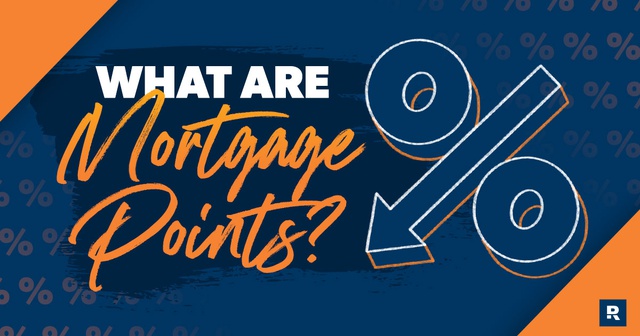The Marquee Loop: Understanding Mortgage points
Understanding mortgage points is essential for borrowers looking to save money on their mortgage over the long term. Mortgage points, also known as discount points, are upfront fees that borrowers can pay to the lender at the time of closing in exchange for a lower interest rate on their home loan. Each point typically costs 1% of the total loan amount and can lower the interest rate by a certain percentage, often 0.25%.
Here’s how mortgage points work and how they can save you money:
- Reduced Interest Rate: By paying mortgage points, you can secure a lower interest rate on your mortgage than the rate offered without points. A lower interest rate means you’ll pay less in interest over the life of the loan, which can lead to significant savings.
- Monthly Payment Savings: With a lower interest rate, your monthly mortgage payments will be reduced. This can ease your financial burden and free up some funds for other expenses or investments.
- Break-Even Point: Calculating the “break-even point” is crucial when considering mortgage points. It refers to the point at which the savings from the lower monthly payments outweigh the upfront cost of the points. If you plan to stay in the home beyond the break-even point, paying for points can be financially beneficial.
- Long-Term Savings: The longer you stay in your home, the more you can save with lower monthly payments resulting from mortgage points. If you plan to stay in the property for many years, points can be a smart investment.
- Tax Deductibility: In some cases, mortgage points may be tax-deductible. You can potentially deduct the cost of points on your income tax return, reducing your overall tax liability.
However, it’s essential to consider a few factors before deciding to pay for mortgage points:
- Upfront Cost: Paying for points means you’ll need to have more cash available at the time of closing. Ensure you can afford the upfront cost without compromising your financial stability.
- Length of Stay: If you don’t plan to stay in the home for an extended period, it may not be worthwhile to pay for points. Selling the property before reaching the break-even point could mean you won’t see the full benefit of the lower interest rate.
- Comparing Offers: Shop around and compare offers from different lenders to determine if paying for points is the best option. Different lenders may have varying rates and point structures.
In conclusion, understanding mortgage points and their potential benefits is crucial for making informed decisions about your home loan. Consider your financial situation, future plans, and how long you intend to stay in the property before deciding whether paying for points is the right choice for you. Consulting with a mortgage professional can also help you assess your options and find the best mortgage solution tailored to your needs.


